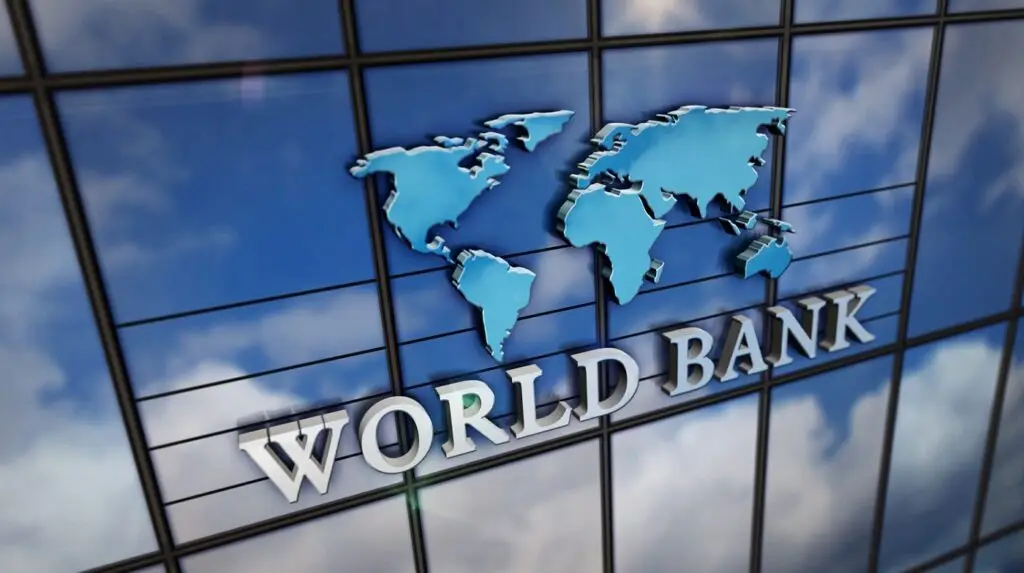The World Bank has recently given the green light to three impactful projects in Nigeria, providing a substantial financial backing of $1.57 billion. The approval, announced on September 26, 2024, underscores the World Bank’s commitment to empowering Nigeria in confronting governance challenges in education and healthcare, fortifying primary healthcare services, and enhancing resilience to climate change through improved dam safety and irrigation infrastructure.
Allocation of the Approved Funds:
HOPE-GOV Program: $500 Million
- The HOPE-GOV program aims to bolster governance in the education and health sectors by addressing underlying challenges in financial and human resource management. The objective is to enhance transparency, accountability, and the delivery of crucial services like basic education and primary healthcare to the most vulnerable populations.
Primary Healthcare Provision Strengthening Program (HOPE-PHC): $570 Million
- This initiative is focused on enhancing Nigeria’s healthcare system, with a particular emphasis on improving healthcare services for women, children, and adolescents. The program seeks to reduce maternal and under-five mortality rates while strengthening the resilience of Nigeria’s health infrastructure, benefitting approximately 40 million underserved Nigerians.
Sustainable Power and Irrigation for Nigeria (SPIN) Project: $500 Million
- The SPIN project is designed to shield Nigeria from climate-induced challenges, such as floods and droughts, through improved dam safety measures and enhanced irrigation services. Approximately 950,000 individuals, including farmers and livestock breeders, are expected to benefit from the project, which also includes plans to develop a master plan for hydropower generation.
Importance of the Projects:
The World Bank’s financing endeavors in Nigeria signify a strategic move to enhance key sectors such as education, healthcare, and water management, while concurrently addressing poverty and enhancing productivity. Addressing these critical areas is essential for advancing human capital, particularly in terms of future employment opportunities, productivity, and poverty reduction.
Dr. Ndiamé Diop, World Bank Country Director for Nigeria, highlighted the significance of investing in the health and education of Nigerians, emphasizing its pivotal role in improving future employment opportunities, productivity, and earnings, while reducing poverty, particularly for women and girls.
Impact and Timeliness:
The approved financing is anticipated to make a significant impact on the lives and livelihoods of Nigerians. The HOPE-GOV and HOPE-PHC programs are set to bring transparency, accountability, and improved service delivery in education and healthcare, consequently benefiting the most vulnerable populations. Additionally, the SPIN project’s timely intervention is expected to safeguard Nigerians from climate-induced challenges and contribute to enhancing hydropower generation.
Nigeria’s Relationship with the World Bank:
Nigeria has secured a total of $6.52 billion in new financing from the World Bank under the administration of President Bola Tinubu, signaling a concerted effort to bolster the country’s economic stability and support vulnerable populations.
Surveying the Future:
This latest approval by the World Bank is instrumental in fortifying Nigeria’s potential for progress in critical areas of governance, healthcare, and climate resilience. The concerted efforts of the World Bank and the Nigerian government, aimed at achieving pragmatic and sustainable development, reflect a promising outlook for the country.
As Nigeria continues to collaborate with international organizations like the World Bank, the emphasis on effective project implementation and fund utilization remains pivotal for ensuring the successful execution of these endeavors, ultimately contributing to Nigeria’s overall socio-economic advancement.


